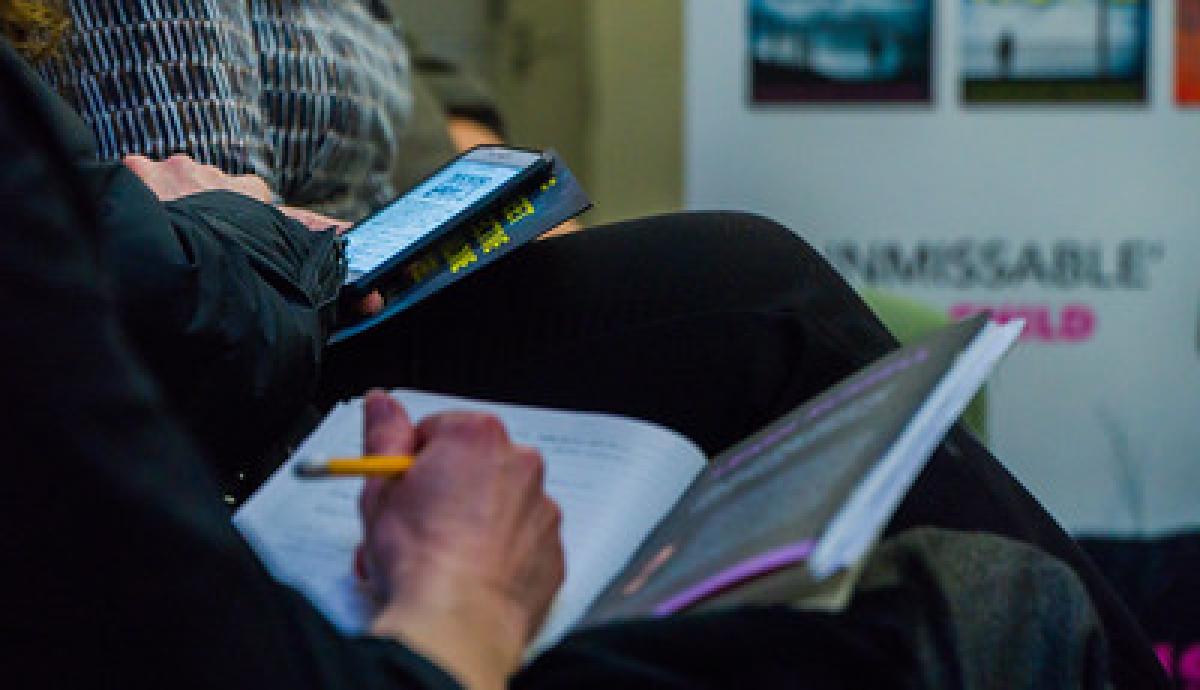Future Funding: Training development reaches halfway mark
The Future Funding Programme has introduced me to new tools and methodologies which is giving me the confidence to think both more strategically and practically about developing income generation possibilities.
I am finding that the programme is changing my way of thinking, I am thinking more about stakeholders and my relationship with them. It is not about using a particular mapping tool, just thinking differently.
The programme so far has been really challenging (in a positive way!) It has given me an insight into new ways of thinking that I can apply to my own service as we develop our approach to income generation.
The mentoring sessions are really helpful in fostering relationships and sharing experiences with colleagues and the environment feels very safe and non-judgmental.
We are now halfway through our pilot training development programme for the Future Funding project, which seeks to help public libraries to develop the skills, abilities and knowledge they need to develop and diversify their income strategies. A group of Heads of Service and Commercial Leads from library services across England have joined workshops on understanding value, stakeholder perspectives, approaches to commissioning and product development.
The overall response has been very positive. Over 72% of participants agree that they feel more confident about the future possibilities around income generation since starting the programme, while 65% of the group state that workshops have exceeded expectations to date. We are pleased we have been able to align content so far with the needs and interests of participants.
The combination of preparation, workshop-based and follow-on activities has been successful in supporting new ways of thinking and we will be looking at how we can make this even more effective.
A highlight of the workshops has been the opportunity for discussion with sector colleagues. The response to the mentoring sessions taking place between the workshops has been particularly positive. Over 72% of the group have stated these sessions have been ‘very useful’ as an opportunity for further discussion and reflection. As such, we will be including this in the training for future cohorts.
We are now using this feedback from the group to consider the best framework for the final training programme which will cover:
1. Fostering commercial awareness
2. Developing a business case
3. Engaging with product development
4. Selling and delivering
Following the remaining four workshops, we will evaluate the overall impact and then finalise the programme ready for delivery in September 2021.

